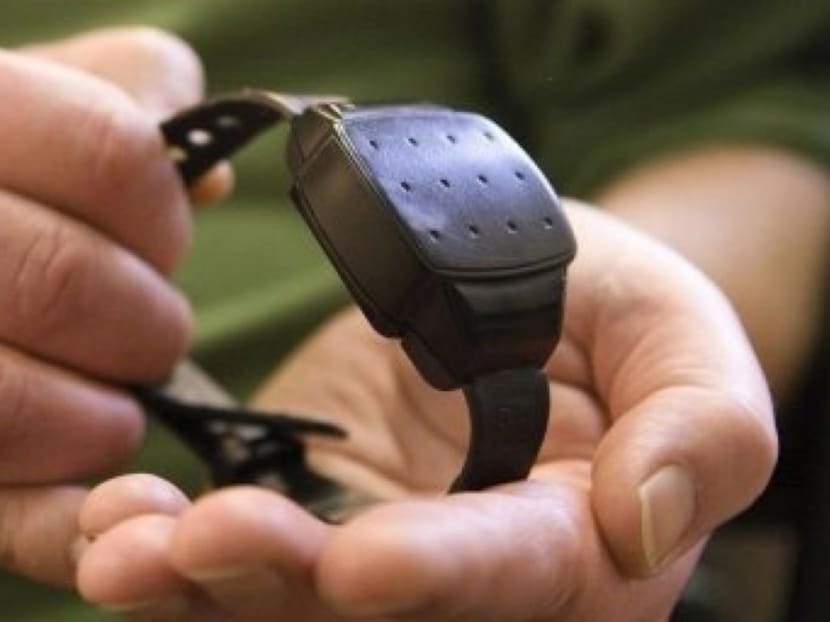Judges could order electronic tagging under new bail plans
SINGAPORE — Judges will have the power to order electronic tagging of accused persons released on bail, and the defence could get less leeway to call its own psychiatric experts, under changes to the law affecting suspects in criminal cases that were proposed yesterday.

Judges will have the power to order electronic tagging of accused persons released on bail. Photo: Reuters
SINGAPORE — Judges will have the power to order electronic tagging of accused persons released on bail, and the defence could get less leeway to call its own psychiatric experts, under changes to the law affecting suspects in criminal cases that were proposed yesterday.
The courts’ powers are currently not enough to deter accused persons from “jumping bail”, noted the Ministry of Law (MinLaw), which has put the proposed changes up for public consultation until Aug 24.
To strengthen the bail regime, absconding or leaving the jurisdiction without permission while on bail, or a personal bond, may be made criminal.
It will be illegal for sureties to enter into agreements with another person — including the accused — to indemnify themselves if the accused does not comply with bail conditions.
The proposed amendments, if passed, will also make cheating offences non-bailable, to align with offences carrying similar penalties.
With the increasing use of psychiatric expert evidence in criminal cases, the authorities want to ensure evidence given by psychiatrists is “competently arrived at and objective”.
MinLaw proposes that only psychiatrists on a new court-administered panel be allowed to give expert evidence in criminal cases.
In past cases, the courts have observed psychiatrists who lacked competence or objectivity, the ministry noted.
To be admitted to the panel, psychiatrists must have undertaken work or training in forensic psychiatry and produce two character references from certain members of the Academy of Medicine, Singapore.
Psychiatrists on the panel will be removed for at least three years, if there are “a number of” judgments commenting negatively on their independence or competence as expert witnesses, under the proposed changes.
And to prevent abuse of court process in concluded criminal cases, the court may be given more control over applications to re-open such cases where all appeals have been exhausted.
Procedural requirements mooted to prevent the abuse of court processes — or what the Attorney-General’s Chambers had previously termed “legal opportunism” — include allowing for only one application to re-open concluded criminal cases.
To support the application, new arguments or evidence that could not have been produced earlier must be raised.
The arguments or evidence must be “reliable, substantial, powerfully probative and capable of showing almost conclusively that there has been a miscarriage of justice” in the concluded case.
The proposed amendments “strike a balance between preventing miscarriage of justice and the need for finality in criminal proceedings”, said the ministry.
It noted the Court of Appeal has observed the potential for abuse of process in some cases.
In dismissing last-ditch attempts to save convicted murderer Kho Jabing from the gallows in May last year, the apex court rapped defence lawyers for their rehashed arguments, saying that such actions — if allowed — would “throw the whole system of justice into disrepute”.






